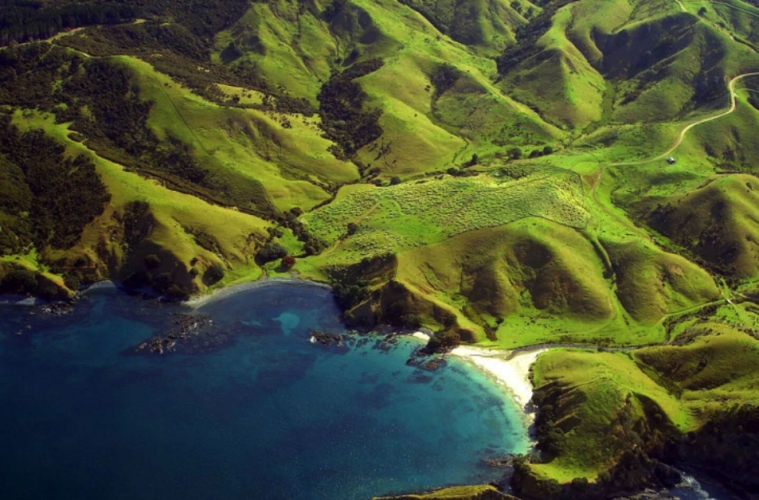Intro
Our Top Five reasons to move to New Zealand
- The scenery. You don’t need us to tell you what a magnificent place this is. You must have sat through at least one of The Lord of the Rings
- The lifestyle. The many passionate advocates of New Zealand (New Zealots?) talk a lot about the ‘lifestyle’ and it’s true that the quality of life in New Zealand can be very agreeable indeed. The pace is relatively relaxed and while work is important, being able to get away from it is equally so. It helps that even in the biggest cities you’re only a stone’s throw, or a short drive, away from a beach or a mountain or boiling mud.
- The cost of living. According to Mercer’s 2017 Cost of Living survey, Auckland is the 61st most expensive city in the world to live in and Wellington the 86th. Compare that to London which came in 30th. That said, people still moan about New Zealand being expensive. Depends what you’re used to.
- Taxation. Don’t nod off. As tax systems go, New Zealand’s is modest and straightforward. There’s no inheritance tax and no general capital gains tax, for example. New Zealand’s personal tax system was ranked top in the developed world in a 2016 analysis by the US Tax Foundation.
- The jobs. The New Zealand government has a long list of jobs that need doing and not nearly enough New Zealanders to do them. If you’re lucky enough to work in one of the sectors where there’s a skills shortage, you’ve got a good chance of being fast-tracked into the country.
Five places to consider in New Zealand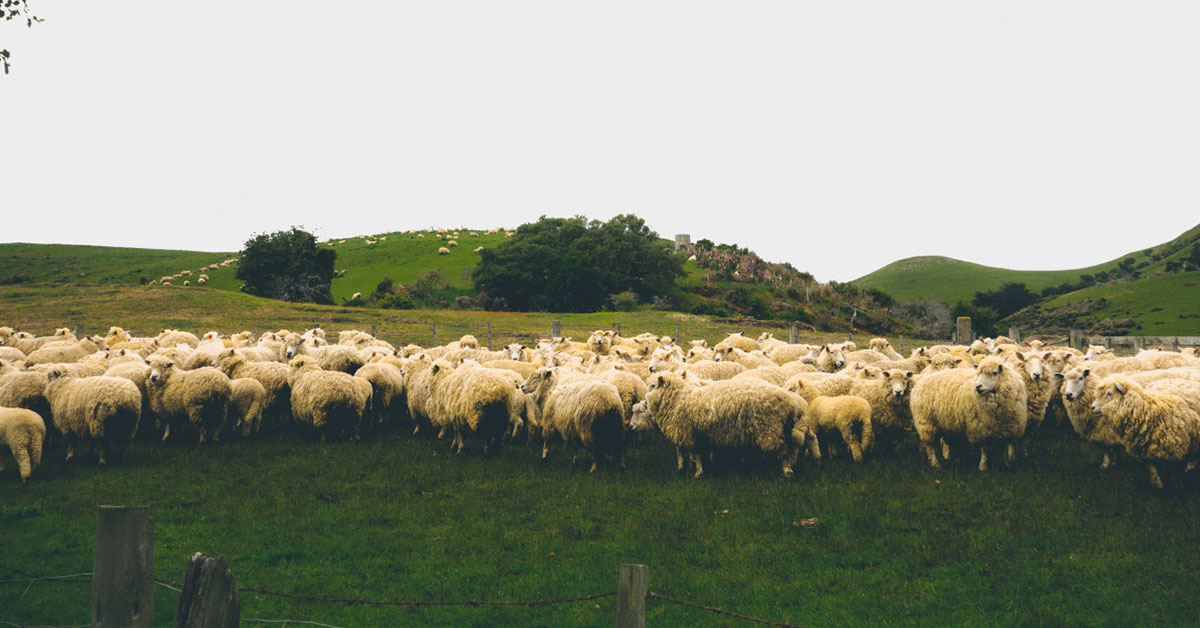
- Wellington is New Zealand’s capital city but not in a Canberra-type way, so that’s OK. It’s on the southern tip of the North Island and has a population of just under 400,000 so it’s no metropolis. Plus it has a decent public transport system. Wellington can be cold and windy though and it gets more rain than it needs.
- Auckland is New Zealand’s biggest city so there’s plenty going on and it’s where most of the jobs are. Expensive though.
- Queenstown on the South Island is New Zealand’s party town. More clubs and bars than you could ever get around to visiting in a small town of just 15,000 people. But this is the adventure capital of New Zealand so by day it’s a mass of skiing, snowboarding, white water rafting, bungy jumping, paragliding, sky diving and the rest. Many of the locations used in The Lord of the Rings are nearby.
- The Hawke’s Bay area is New Zealand at its fanciest. As the country’s warmest, driest region it’s also the main wine-producing region and it boasts some beautiful art deco architecture.
- Christchurch is the largest city on the South Island but it’s very laid back and surprisingly attractive. Far cheaper than Wellington or Auckland, you’re only one hour away from skiing and 15 minutes from the beach.
The moving to New Zealand checklist
How to work in New Zealand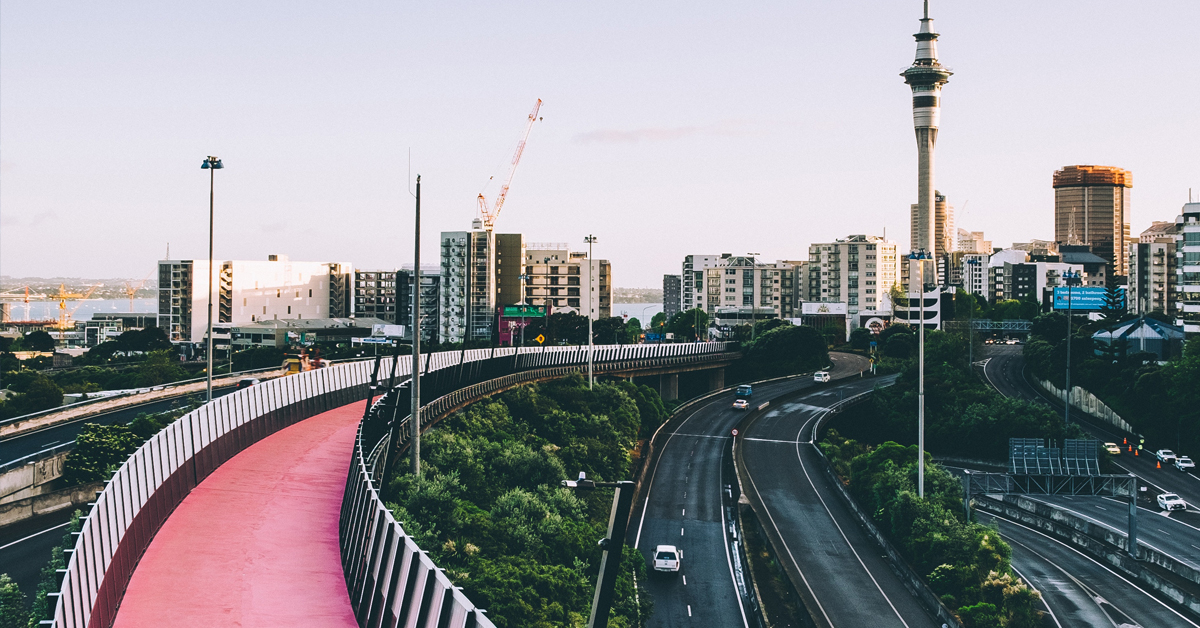
If you’re young (18-30) and you want to visit to New Zealand mainly for a holiday but work while you’re there, the United Kingdom Working Holiday Visa is for you. You can work for up to 12 months, but you’ll need to have at least NZ $350 for each month of your stay and enough money to buy a ticket home.
If you’re too old for that but have skills and qualifications that are in short supply in New Zealand then the country may well open its doors and welcome you with open arms anyway. There are two categories:
- As its name suggests, the Immediate Skill Shortage List (ISSL) specifies the areas in which skilled workers are most needed. Because of the relative urgency, these applications are fast-tracked. Currently on the list are apiarists, arborists, farmers and health and social care jobs. Oh, and jockeys. Check out the full list here. Taking this route can get you an Essential Skills work visa which is only temporary and you won’t necessarily be able to apply for residence.
- The Long Term Skill Shortage List (LTSSL) is a likelier route to a Work to Residence visa. This list specifies occupations where there is an on-going shortage of highly skilled workers. Trades, construction, engineering, health and social services jobs feature highly but you’ll need to be well qualified. Check out the list here.
The New Zealand government’s immigration website has a brilliant online visa guide. It even has advice on finding a job in New Zealand.
Tip: to avoid being taxed at the highest rate when you start working, apply for an IRD number as soon as you arrive.
How to manage your money in New Zealand
Opening a bank account in New Zealand is a fairly straightforward process – well, it’s easier than in the UK anyway. You may not even need a New Zealand address. Open a bank account before you leave the UK so you can hit the ground running. For example, the Bank of New Zealand has a good online application site. There are four ‘big banks’ in New Zealand, all of which are actually Australian. Before opening an account check for monthly account fees and how to avoid them. You’ll be charged for withdrawing money from another bank’s ATM, so make sure the bank you choose has an extensive cashpoint network.
Don’t forget, if you need to transfer money from the UK to New Zealand or vice versa, WorldFirst offers the easier, cheaper, and faster way to safely get your money where you need it.
How to make friends in New Zealand
Depending on who you talk to, New Zealanders are either charming, open and friendly or a bit cliquey and reserved so it’s probably best not to generalise. If you feel a bit isolated when you arrive, don’t be too proud to seek out other expats who can relate to your experience before you try to accumulate a perfect circle of New Zealander mates. The principles are the same as everywhere else in the world: seek out groups with a common interest whether that be sports, hobbies, community, church or whatever. Take advantage of the New Zealand Newcomers Network, a collection of groups across the country dedicated to welcoming people new to their region. Or why not try volunteering?
How to find a place to live in New Zealand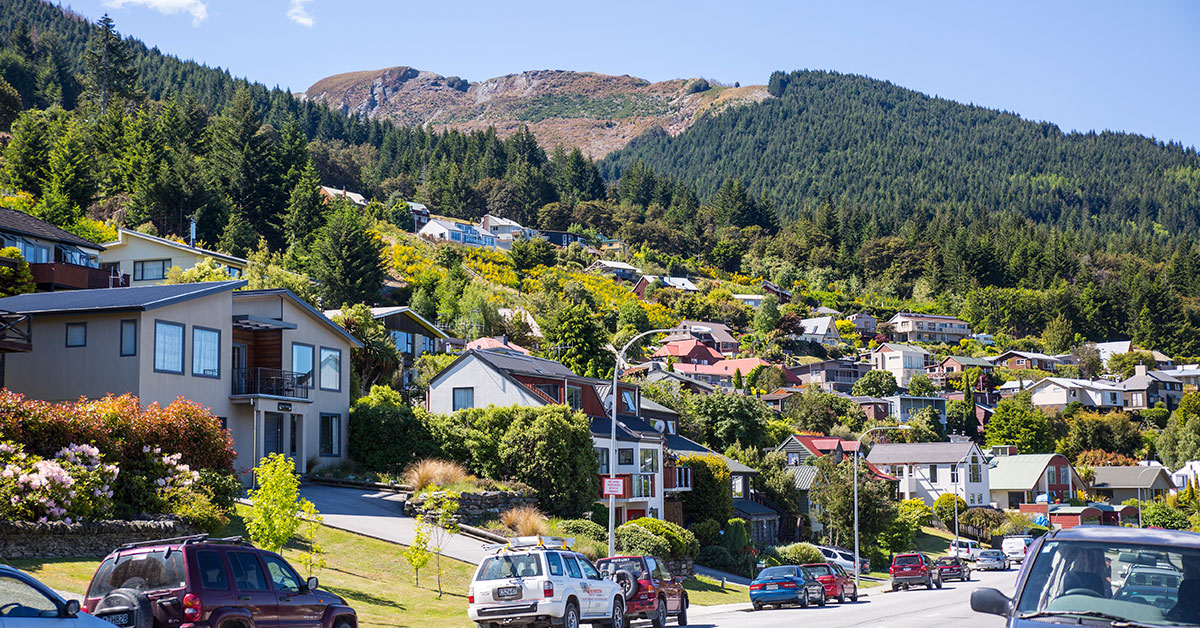
Until you’re a bit more settled, you’re probably going to want to start with a flat-share of some kind. In New Zealand, this is called ‘flatting’. There are loads of websites dedicated to flatting including NZ Flatmates, Easy Roommate and Flat Finder.
Renting a place of your own will involve paying a bond (the equivalent of four weeks’ rent), a letting fee to any agent involved and up to two weeks’ rent in advance. With typical New Zealand helpfulness, the Ministry of Business, Innovation and Employment (MBIE) has a thorough online guide to the ins and outs of tenancies and even flatting. Happily, it’s also the MBIE that holds any bond money, not the landlord, which lessens tensions considerably.
Eating in New Zealand
Yes, New Zealand is the place with six times as many sheep as people but that’s not all they eat. Your culinary experiences in New Zealand may surprise you. The country has 9,300 miles of coastline (the ninth longest of any country in the world) so it’s not surprising that seafood was a traditional part of Māori cuisine. Today, crayfish and kina, a variety of sea urchin, are really popular. Other must-try foods cherished by New Zealanders include a variety of sweet potato called dumara, a honey made from the pollen of the manuka tree, and Hokey Pokey ice cream which contains caramelised honeycomb.
The New Zealanders can be quite adventurous when it comes to what they put in their mouths and the annual Hokitika Wildfoods Festival on the South Island is noted for its open-minded approach to what’s edible. So, if you’ve never had sheep’s eyes, hubu grubs, worm sushi, possum pie or drunk a horse semen shot, head on down there.
While you’re In New Zealand, make sure you get to go to an event with a hāngī’, a traditional Māori underground pit oven. The food takes several hours to cook but the tender meet and smoky flavours make it well worth waiting for.
Don’t worry, New Zealand also has a thriving conventional restaurant scene. Wellington’s is especially vibrant and diverse.
Party like it’s 1999 in New Zealand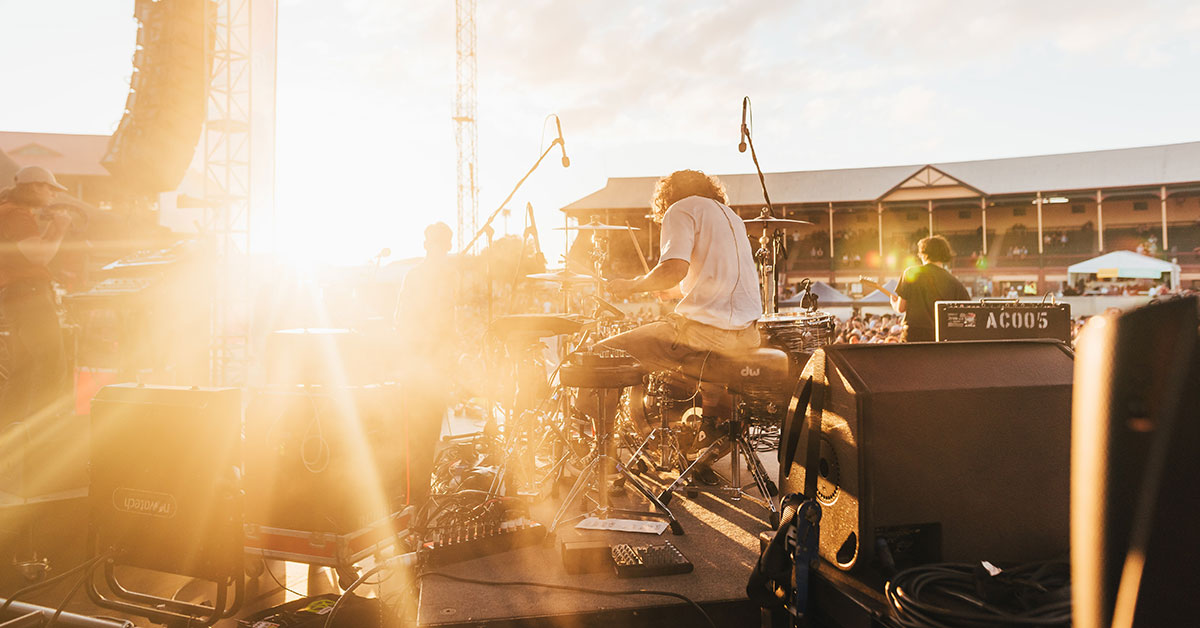
Cities such as Queenstown and Wellington have great nightlife and there are plenty of music festivals including the annual New Year’s Eve (which is in the summer there, remember) Rhythm & Alps festival which attracts 10,000 visitors and a host of international acts.
How to live like a local in New Zealand
- You can keep driving on the left.
- Don’t tip. It’s not a thing.
- Even the most casual everyday encounters call for a bit of polite conversation – a hello or thank you.
- Make the effort and learn some basic Te Reo (that’s Maori for ‘the language’).


